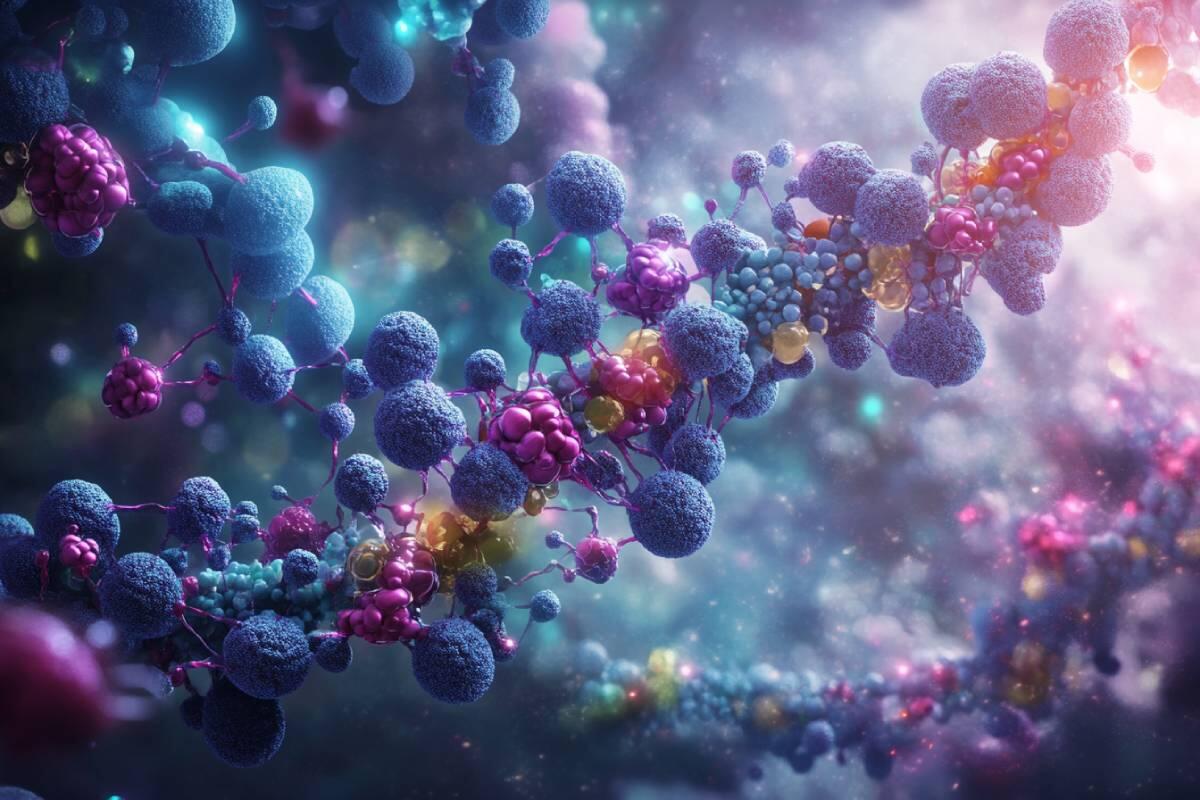Antioxidants: How They Protect Your Body and Keep You Healthy
Antioxidants are widely discussed and promoted as essential for health, especially in skincare. But what exactly are antioxidants, and how do they work in our bodies?
Antioxidants help combat damage caused by oxidative stress, a process linked to premature aging and the development of various chronic diseases.
Therefore, including antioxidants in your diet can be one of the best strategies to improve overall health and prevent diseases. In this article, you will learn:
✔ What antioxidants are
✔ How they work in the body
✔ The most common types of antioxidants
✔ Their health benefits
✔ The best antioxidant-rich foods
What Are Antioxidants?
Antioxidants are molecules that neutralize free radicals, unstable substances generated by normal metabolic processes, such as cellular respiration.
When accumulated in large amounts, free radicals can cause cellular and DNA damage, resulting in a process called oxidative stress. This process is associated with accelerated aging, cancer, cardiovascular diseases, and other conditions.
According to a study published in the Journal of Clinical Biochemistry and Nutrition, the intake of antioxidants, such as vitamins C and E, can protect cells from oxidative damage and reduce the risk of chronic diseases (Wong et al., 2006).
How Do Antioxidants Work?
Antioxidants neutralize free radicals, preventing them from damaging cells. The body has its own antioxidant defense system, consisting of natural enzymes such as:
✔ Superoxide dismutase
✔ Catalase
✔ Glutathione peroxidase
These enzymes transform free radicals into less harmful substances, reducing oxidative stress in the body.
Common Types of Antioxidants
Antioxidants are classified into two main groups:
1. Fat-Soluble Antioxidants
✔ Vitamins A, D, E, and K
✔ Dissolve in fat
✔ Protect cell membranes
Vitamin E is widely used in skincare products to treat dark spots and prevent wrinkles.
2. Water-Soluble Antioxidants
✔ Vitamin C and flavonoids
✔ Dissolve in water
✔ Protect cells from oxidative damage
Vitamin C mainly protects skin and blood vessels.
In addition to vitamins, there are polyphenols, found in foods such as green tea, berries, and red wine. Studies indicate that polyphenols have anti-inflammatory and antioxidant properties, helping to prevent cardiovascular diseases (Basu et al., 2010).
What Are the Best Antioxidants?
The most studied and effective antioxidants include:
✔ Vitamin C
✔ Vitamin E
✔ Selenium
✔ Flavonoids
✔ Lycopene
✔ Catechins
✔ Alpha-lipoic acid
✔ Coenzyme Q10
✔ Curcumin
✔ Resveratrol
Health Benefits of Antioxidants
1. Cancer Prevention
Antioxidants help protect cellular DNA, reducing the risk of mutations that can lead to cancer.
A study by the National Cancer Institute concluded that an antioxidant-rich diet can reduce the risk of breast and colon cancer (Kucuk et al., 2001).
2. Cardiovascular Health
Antioxidants protect blood vessels from inflammation and reduce LDL cholesterol levels.
A study published in the American Journal of Clinical Nutrition showed that diets rich in antioxidants can help regulate blood pressure and improve heart health (Bjelakovic et al., 2004).
3. Longevity and Anti-Aging Effects
Oxidative stress accelerates aging. Antioxidants help protect the skin from sun damage and reduce wrinkles and dark spots.
Studies indicate that antioxidants like vitamins C and E are effective in protecting against sun damage and delaying skin aging (Fischer et al., 2004).
4. Protection Against Neurodegenerative Diseases
Diseases such as Alzheimer’s and Parkinson’s are associated with the accumulation of free radicals in the brain.
Research suggests that antioxidants can reduce oxidative damage and protect nerve cells, improving brain function (Ceriello et al., 2004).
Sources of Antioxidants: Best Foods
✔ Fruits and vegetables – Strawberries, blueberries, guava, and oranges are rich in vitamin C and flavonoids.
✔ Green tea – Rich in catechins, a powerful antioxidant.
✔ Nuts and seeds – Almonds and chia seeds contain vitamin E and selenium.
✔ Dark chocolate – Contains flavonoids that protect the heart.
Conclusion
Antioxidants play a crucial role in maintaining health and preventing chronic diseases.
Regular intake of antioxidant-rich foods can protect the body from free radical damage, reducing the risk of cardiovascular diseases, cancer, and premature aging.
To achieve this, it is essential to maintain a balanced and varied diet, incorporating fruits, vegetables, green tea, and other antioxidant-rich foods.
If necessary, consult a doctor or Nutritionist to assess the need for antioxidant supplements.
References
- Wong et al. (2006). Journal of Clinical Biochemistry and Nutrition.
- Basu et al. (2010). Study on Polyphenols and Cardiovascular Benefits.
- Kucuk et al. (2001). National Cancer Institute Study on Antioxidants and Cancer Risk.
- Bjelakovic et al. (2004). American Journal of Clinical Nutrition Study on Cardiovascular Health.
- Fischer et al. (2004). Antioxidants and Skin Protection from Sun Damage.
- Ceriello et al. (2004). Journal of Neuroscience Research Study on Antioxidants and Neuroprotection.
